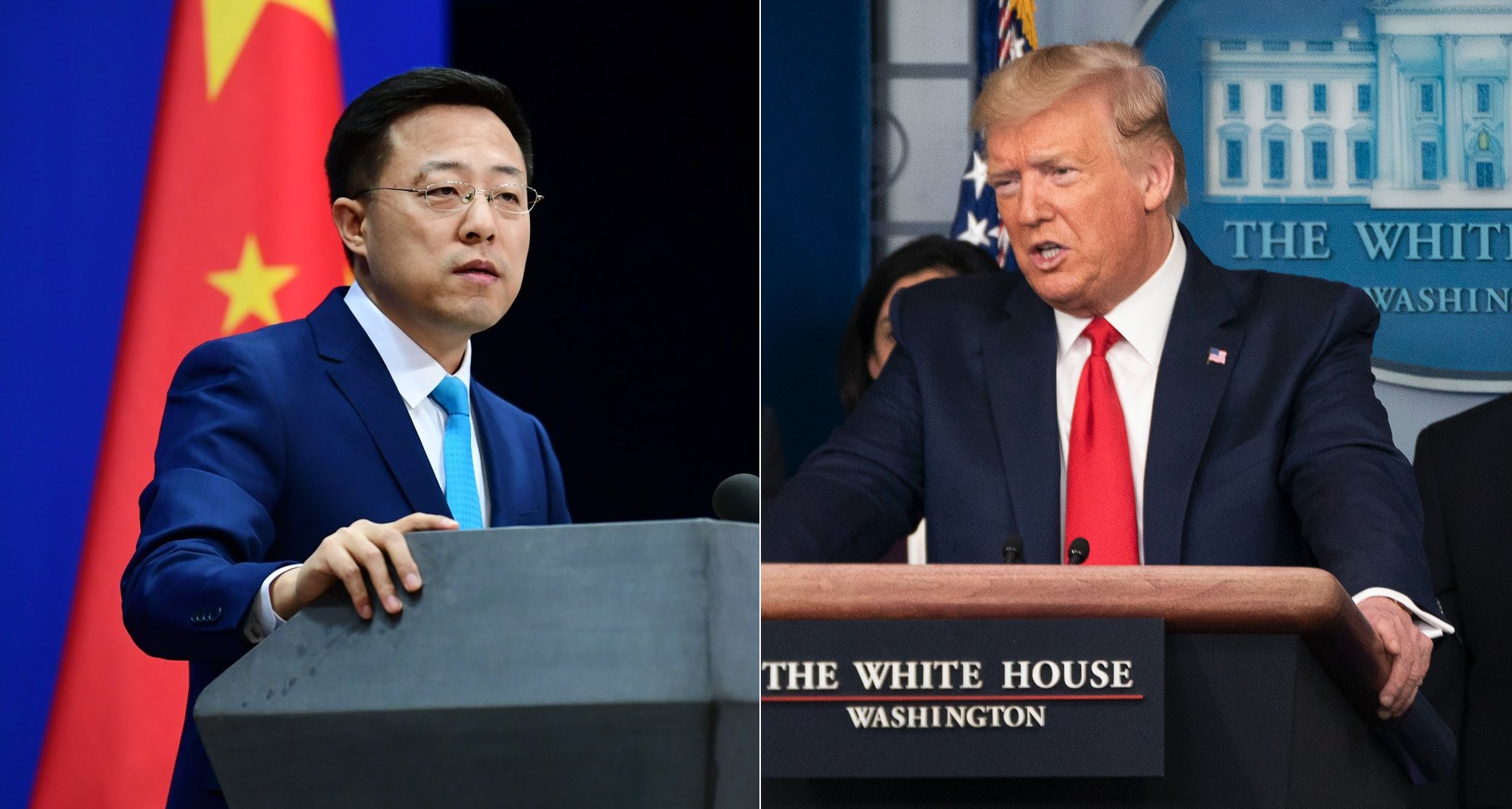U.S. restricts visas for Chinese journalists, dimming press freedom

On May 8, the U.S. Department of Homeland Security announced new restrictions on visas for Chinese journalists working for non-American outlets, the latest round in a tit-for-tat media spat between the U.S. and China. The New York Times says that these journalists will be “limited to 90-day work visas — a significant reduction from the open-ended, single-entry stays that the agency previously granted to most journalists with Chinese passports and a valid entry visa.”
Unlike previous Trump administration moves, this policy is not targeted at Chinese state media. It instead applies a broad brush to journalists on the basis of their P.R.C. passport, with no regard to what kind of foreign media they work at, whether British media like the BBC, or Chinese commercial media like Caixin, Yicai, and Sina, or others.
Unsurprisingly, Beijing has threatened “countermeasures” via its foreign ministry press conference today. We should expect more journalist expulsions or similar measures from China soon.
Eight Chinese journalists in America reacted to the news in today’s issue of the Chinese Storytellers newsletter. Many spoke of the U.S. beacon of press freedom dimming in their eyes. Mia Li, a research scholar at Paul Tsai China Center at Yale Law School, wrote:
If the goal is to safeguard press freedom, this move only diminishes it. If the goal is to improve the quality of news, this move only deteriorates it. If the goal is to eliminate propaganda, this only hands Beijing a bigger and better talent pool to choose from… The new DHS visa rule will likely give Beijing exactly what it wanted — an excuse to throw out more American reporters, regardless of which outlet they serve.
Read all the responses in the Chinese Storytellers newsletter.
More information on previous rounds of the tit-for-tat media spat:
- The U.S. tried to teach China a lesson about the media. It backfired. / NYT (porous paywall)
- China’s expulsion of American journalists also affects Chinese staff — and the future of reporting in China / Columbia Journalism Review
- China defends expelling journalists / The China Project
- U.S. limits Chinese staff at news agencies controlled by Beijing / NYT (porous paywall)
- Beijing expels three Wall Street Journal reporters / The China Project
- U.S. designates Chinese state media as ‘foreign missions’ / The China Project






